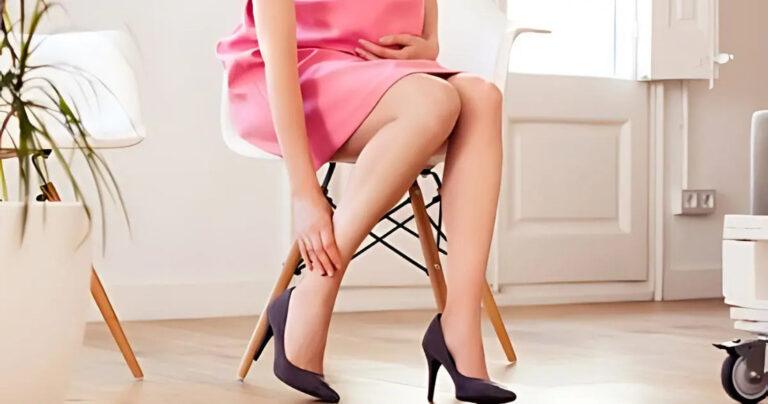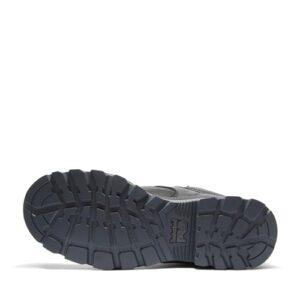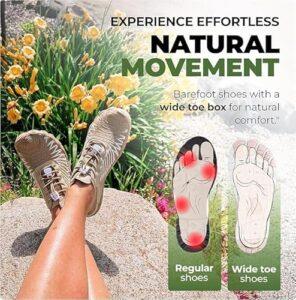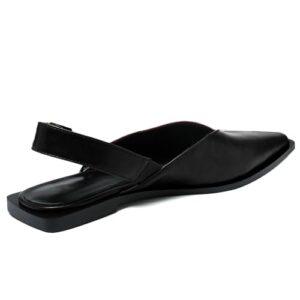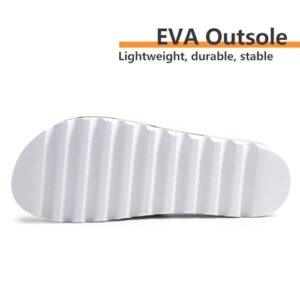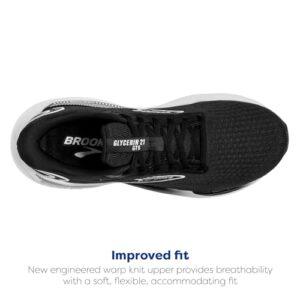Are you wondering if it’s safe to wear high heel shoes while you’re pregnant? You’re not alone.
Many women ask this question because they want to look and feel good, but also stay comfortable and protect their health. The truth is, pregnancy changes your body in ways that can make wearing heels tricky. Before you slip on those stylish shoes, it’s important to know how they might affect your balance, posture, and overall well-being.
Keep reading to discover what experts say about high heels and pregnancy—and how you can make the best choice for you and your baby.
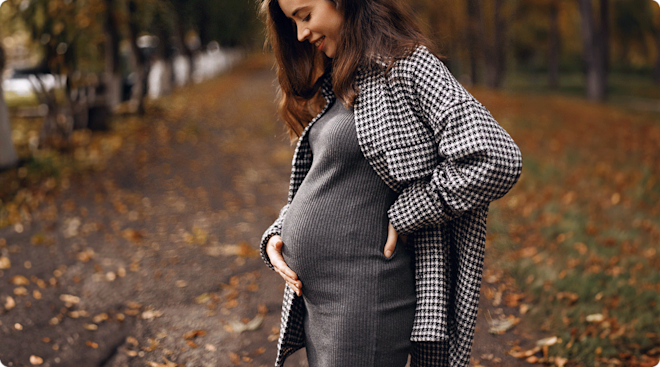
Credit: www.thebump.com
Risks Of Wearing High Heels During Pregnancy
High heelscan make balance harder during pregnancy. The belly grows, shifting weight forward. This change makes staying stabledifficult. Walking in heels raises the risk of falling, which can harm both mother and baby.
Wearing heels often causes foot pain. Feet may swell and feel sore. The back also hurts more because heels change how you stand. This can lead to back painand discomfort.
| Risk | Details |
|---|---|
| Balance and Stability | Belly shift makes balancing harder. Heels increase this risk. |
| Foot and Back Pain | Heels cause foot soreness and increase back pain. |
| Risk of Falls | Harder to walk safely. Falls can hurt mother and baby. |
How Pregnancy Affects Feet
Pregnancy causes swellingin feet due to fluid buildup. This fluid retentioncan make shoes feel tight and uncomfortable. Feet may look bigger or puffier than before.
Foot shape and size can changeduring pregnancy. Ligaments become softer and stretch out. This can lead to longer or wider feet. Old shoes might not fit well anymore.
Jointsin the feet and ankles bear more weight. This extra pressure can cause pain or soreness. High heels can make this worse by adding strain. Flat, supportive shoes are better choices for comfort and safety.
Safe Alternatives To High Heels
Pregnant women need comfortable and safe shoes. Supportive footwear helps reduce foot painand keeps balance. Shoes with good arch supportand cushioning protect tired feet.
Stylish flats and low heels offer a better option. They look nice but are easier to walk in. Low heels put less pressure on the back and feet.
| Footwear Type | Benefits | Why Choose It |
|---|---|---|
| Supportive Shoes | Comfort and balance | Reduces foot pain and swelling |
| Flats and Low Heels | Stylish and safe | Less strain on feet and back |
| Orthopedic Inserts | Extra cushioning and support | Helps with arch support and alignment |
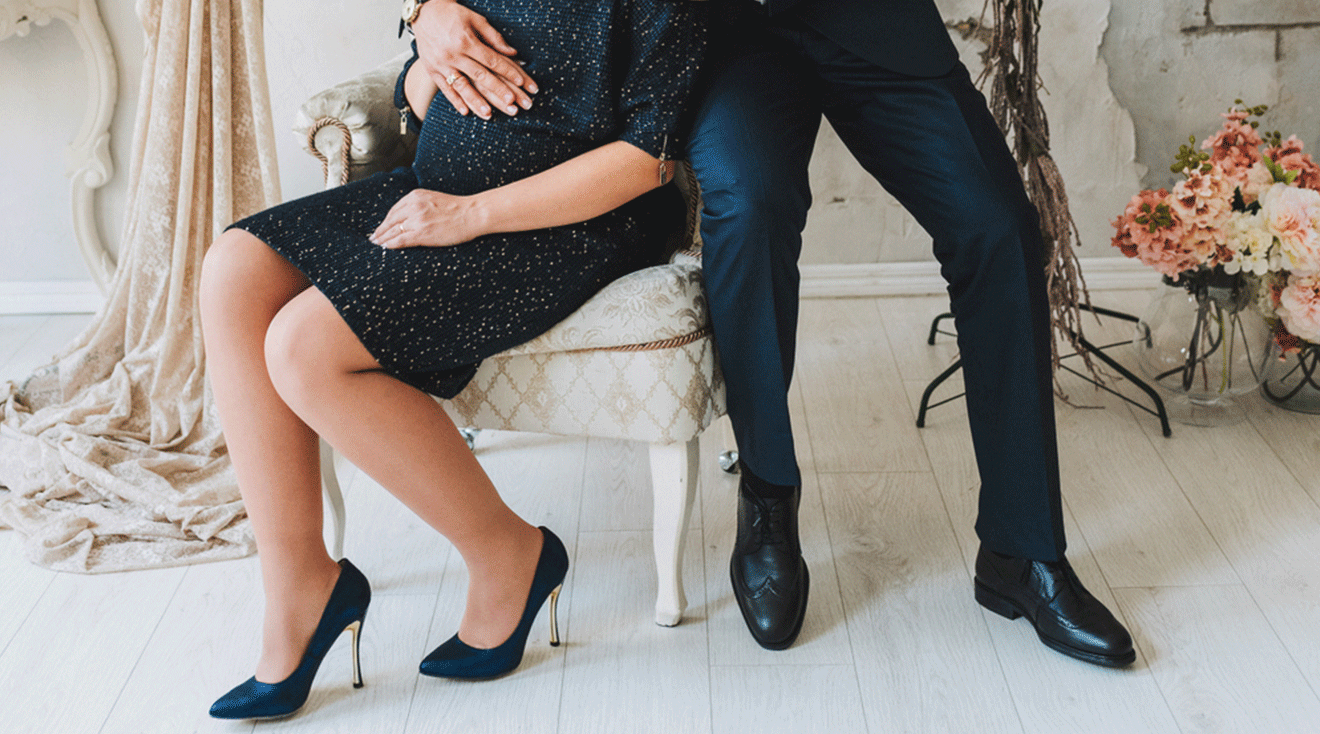
Credit: www.thebump.com
Tips For Wearing Heels Safely While Pregnant
Keep heel height under 2 inchesto reduce strain on your feet. Limit wearing heels to short periods only. Long use can cause foot painand affect balance.
Pick shoes with good arch supportand cushioning. This helps prevent foot swelling and discomfort. Avoid shoes that are too tight or loose.
Stand and walk with a straight posture. Keep your shoulders back and weight evenly on both feet. Move slowly to avoid slipping or tripping.
When To Avoid High Heels Completely
Discomfort or painin feet, ankles, or back signals to avoid high heels. Swelling or numbness also means stop wearing them. These signs show your body needs rest and better support.
Complications like high blood pressureor swollen legs make high heels unsafe. Wearing them can cause falls or worsen swelling. Balance becomes harder as pregnancy grows.
Doctors often adviseagainst high heels during pregnancy. They suggest flat, comfortable shoes for safety and better health. Follow medical advice to protect yourself and the baby.
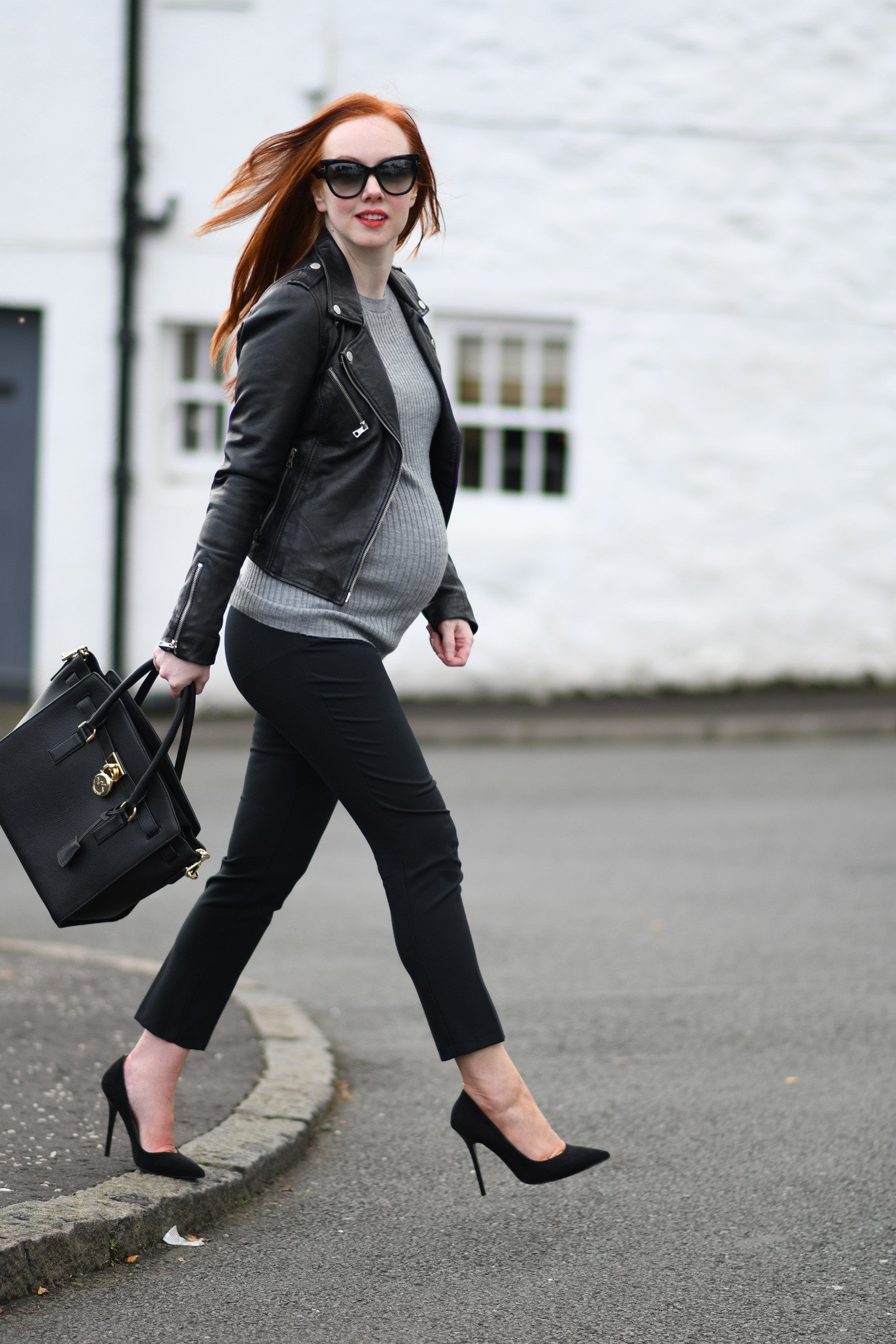
Credit: foreveramber.co.uk
Frequently Asked Questions
Can Pregnant Women Safely Wear High Heels?
Wearing high heels during pregnancy can increase fall risk and cause foot pain. It’s best to choose low, supportive shoes for comfort and safety.
Why Do High Heels Cause Discomfort In Pregnancy?
Pregnancy causes foot swelling and changes in posture. High heels worsen pressure on feet, leading to pain and instability.
When Is It Unsafe To Wear High Heels Pregnant?
Avoid high heels in late pregnancy when balance issues and swelling are severe. Prioritize flat shoes to prevent falls and discomfort.
Are There Safer Alternatives To High Heels For Pregnant Women?
Yes, opt for cushioned flats, sneakers, or low wedges with good arch support to ensure comfort and reduce injury risk during pregnancy.
Conclusion
Wearing high heels during pregnancy can cause discomfort and balance issues. Feet tend to swell, making heels less comfortable. Doctors often suggest choosing flats or low-heeled shoes instead. Comfort and safety should come first for pregnant women. It’s better to avoid risks that could harm you or your baby.
Staying stable helps prevent falls and injuries. Remember, your body changes a lot during pregnancy. Choosing the right shoes supports your health and well-being. Keep your feet happy and safe throughout this special time.
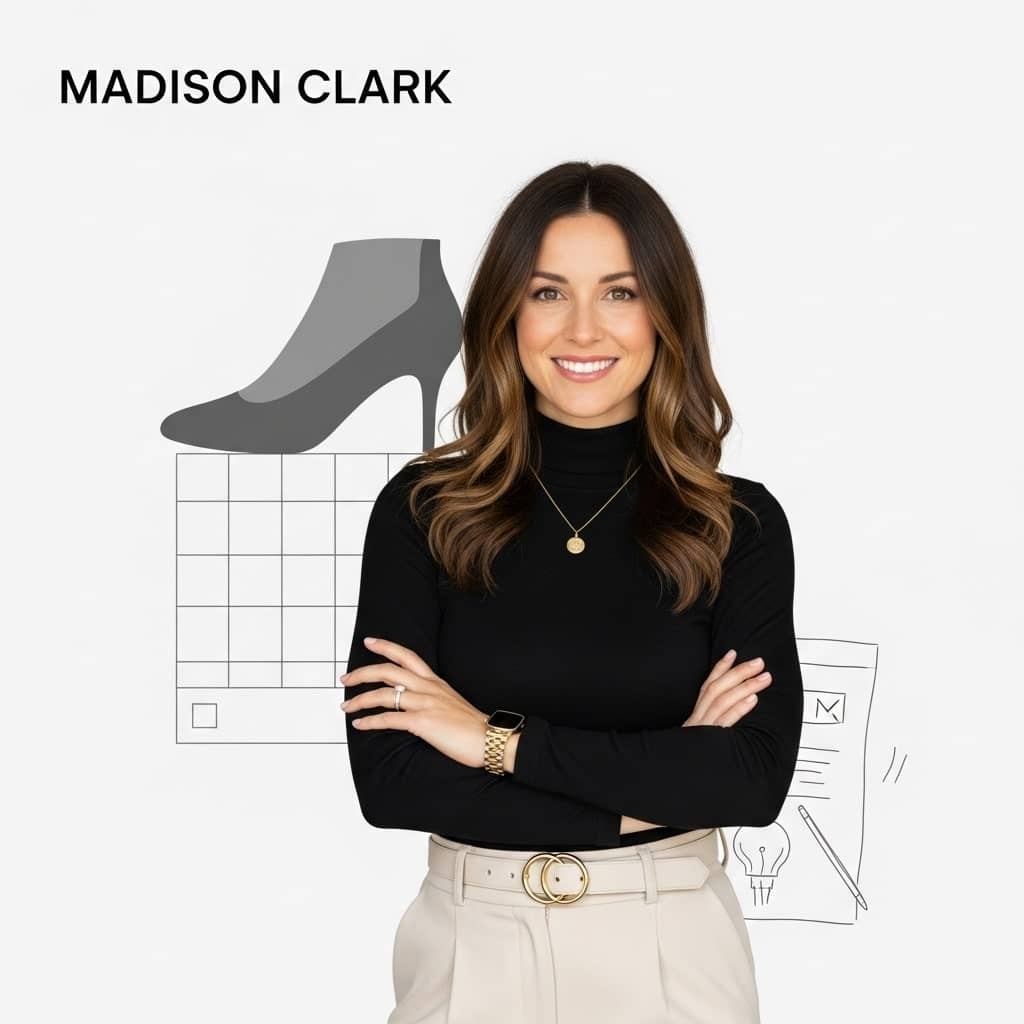
Madison Clark is a footwear expert and the voice behind MyStyleGrid.com. She specializes in honest shoe reviews, style tips, and practical guides to help readers find the perfect pair for any occasion. With years of experience in blogging and content creation, Madison makes footwear knowledge simple, stylish, and easy to follow.

